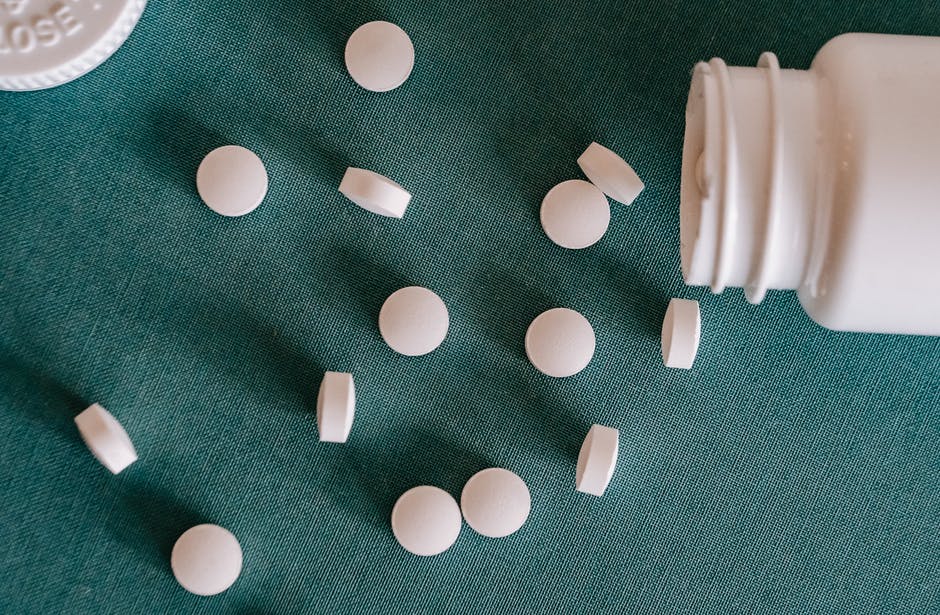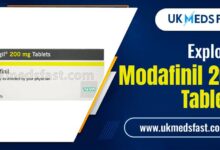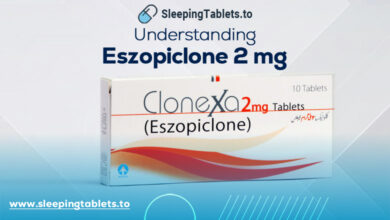
5 Common Signs of a Drug Addiction
Whether it be prescription drugs or illicit substances, drug addiction is something everyone should be mindful of in their society. Any drug addiction can lead to serious health problems, from heart issues to various forms of cancer.
The signs are apparent and easy to spot for those unfortunate enough to have a relative or friend fall victim to substance abuse and addiction. While for others, it can be harder to pick up on.
But what are those red flags for someone who might be struggling with substance abuse? Keep on reading as we look at some signs of drug addiction.
Table of Contents
Signs of Drug Addiction
There are many signs of a drug problem, but some are more common than others. If you notice any of these signs in yourself or someone you love, getting help as soon as possible is essential.
1. Isolating From Friends and Family
One of the most common signs of drug addiction is isolation from friends and family. This is because addicts often distance themselves from those who care most about them.
They may do this because they are ashamed of their addiction or want to keep their drug use a secret. Additionally, addicts may start isolating themselves because they spend more time using drugs.
2. Changes in Appearance and Hygiene
When someone is addicted to drugs, they may start to neglect their appearance and hygiene. This can include not showering regularly, not brushing their teeth, and not caring about their clothes.
Drug addicts may also look much thinner or healthier. It’s because they are not eating correctly.
3. Unusual Financial Problems
This may manifest as diving into debt, borrowing money from friends or family, or even stealing money. A drug addict may start to spend more money than usual on their habit, which can put a strain on their finances. They may also miss work or school more often, leading to lost income.
4. Reckless Behavior
When someone is addicted to drugs, they will often engage in risky activities without considering the consequences. This can include driving while under the influence, engaging in unprotected sex, or stealing.
Often, these behaviors are a way to get the drugs that the person is addicted to or to get money to pay for them. Sometimes, the person may not even be aware of their risks.
5. Legal Problems
This could manifest in many ways, such as being arrested for drug possession or driving under the influence of drugs or alcohol. A person with a drug addiction may also neglect their responsibilities, such as work or child care, leading to further legal problems.
If you are worried that someone you know is struggling with drug addiction, it is essential to recommend different treatment modalities. These will help your loved one on the path to recovery.
How to Overcome Drug Addiction
Drug addiction is a complex and challenging condition that can have devastating effects on individuals and their loved ones. However, recovery is possible with the right support, resources, and determination. In this article, we will explore effective strategies for overcoming drug addiction and reclaiming control of your life.
Acknowledge the Problem:
The first step in overcoming drug addiction is acknowledging the problem. Denial can be a significant barrier to recovery, but accepting that you have a substance abuse issue is essential for initiating positive change. This may involve recognizing the negative impact that drugs have had on your life, relationships, and overall well-being.
Seek Professional Help:
Once you have acknowledged the problem, seeking professional help is crucial. A qualified healthcare provider or addiction specialist can assess your situation, provide guidance, and recommend appropriate treatment options. This may include medical detoxification, therapy, counseling, and medication-assisted treatment (MAT) to manage withdrawal symptoms and address underlying issues contributing to your addiction.
Build a Support Network:
Recovery from drug addiction is challenging, but you don’t have to go through it alone. Building a strong support network of friends, family members, and peers who understand your struggles can provide invaluable encouragement, accountability, and motivation. Consider joining a support group or attending therapy sessions to connect with others who are on a similar journey to recovery.
Develop Healthy Coping Mechanisms:
Many individuals turn to drugs as a way to cope with stress, trauma, or other difficult emotions. In recovery, it’s essential to develop healthier coping mechanisms to manage life’s challenges without resorting to substance abuse. This may involve practicing relaxation techniques, engaging in physical activity, pursuing hobbies and interests, or seeking professional counseling to address underlying psychological issues.
Create a Structured Routine:
Structure and routine are essential components of successful recovery from drug addiction. Establishing a daily schedule that includes healthy habits such as regular exercise, nutritious meals, adequate sleep, and meaningful activities can help you stay focused and disciplined on your path to sobriety. Setting realistic goals and prioritizing self-care are also crucial aspects of maintaining a balanced lifestyle.
Identify Triggers and Avoid Temptation:
Understanding your triggers – situations, people, or emotions that may lead to drug cravings or relapse – is key to preventing setbacks in recovery. Once you have identified your triggers, take proactive steps to avoid or minimize exposure to them whenever possible. This may involve making changes to your environment, avoiding places or people associated with drug use, and developing strategies to cope with cravings when they arise.
Practice Mindfulness and Self-Reflection:
Mindfulness and self-reflection can be powerful tools in the journey to recovery. By staying present in the moment and cultivating awareness of your thoughts, feelings, and behaviors, you can gain insight into the root causes of your addiction and make positive changes in your life. Mindfulness practices such as meditation, deep breathing, and journaling can help you develop greater self-awareness and resilience in the face of temptation.
Celebrate Progress and Stay Committed:
Recovery from drug addiction is a journey filled with ups and downs, but every step forward is worth celebrating. Acknowledge and celebrate your progress, no matter how small, and recognize the strength and resilience it takes to overcome addiction. Stay committed to your recovery goals, and remember that setbacks are a natural part of the process – what matters most is your determination to keep moving forward.
Don’t Wait: Get Help Today
If you or someone you know is exhibiting signs of drug addiction, like changes in mood or behavior, secrecy, and withdrawals, it may be time to seek help from a professional and go to rehab.
Drug addiction is a severe disease that you should not take lightly. It requires treatment by qualified medical staff.
With the right drug treatment, those who are addicted can still live happy, healthy lives.
Is this article helpful? Then, check out some of our other health posts for more informative content.








